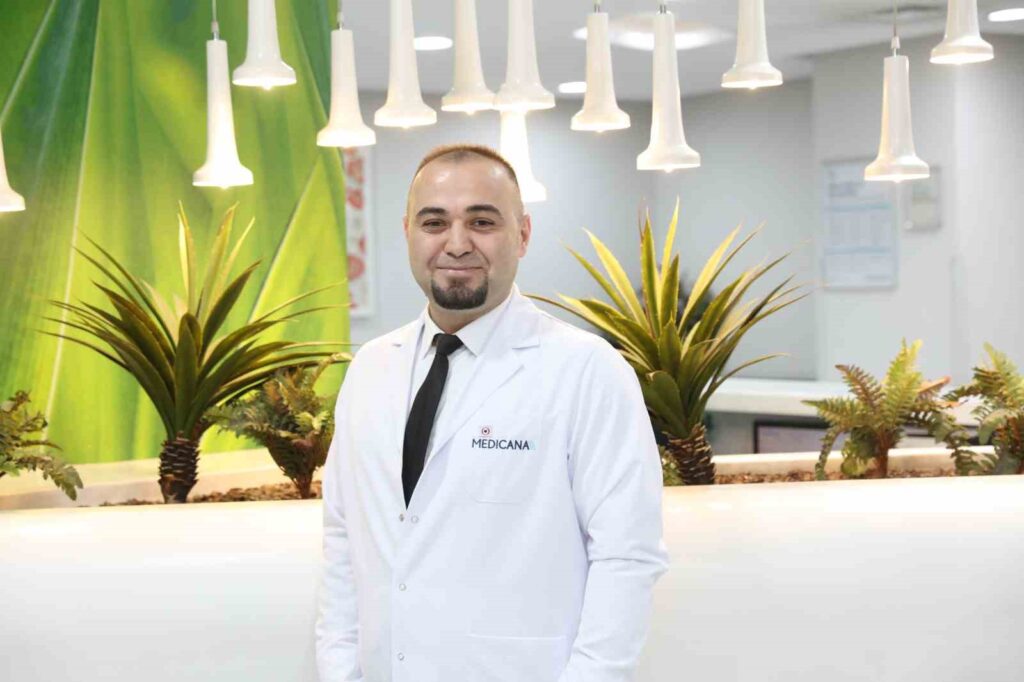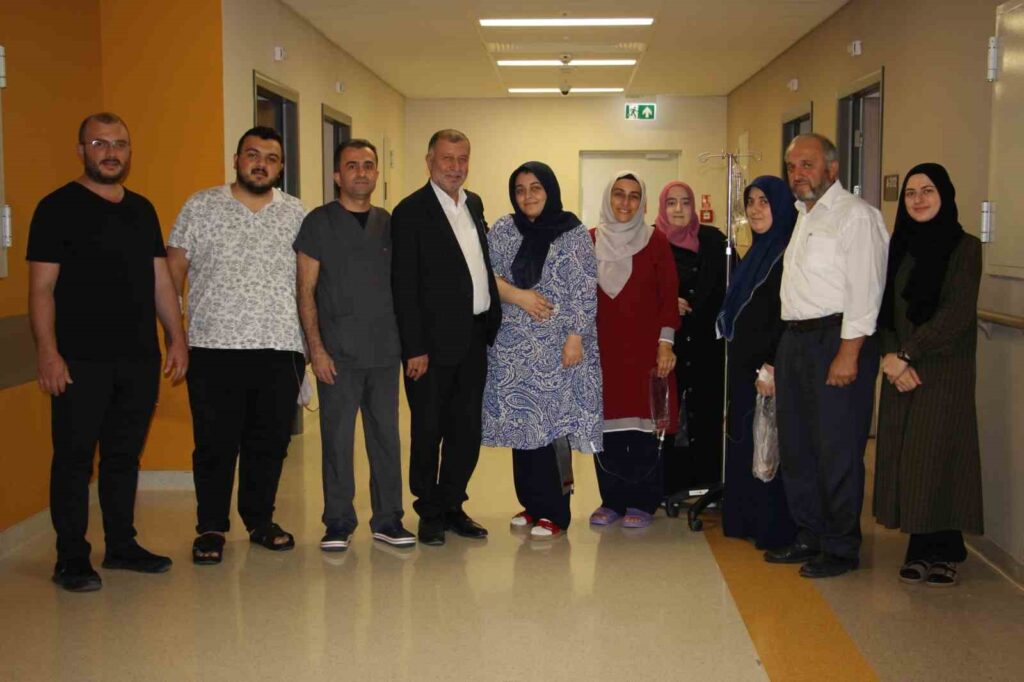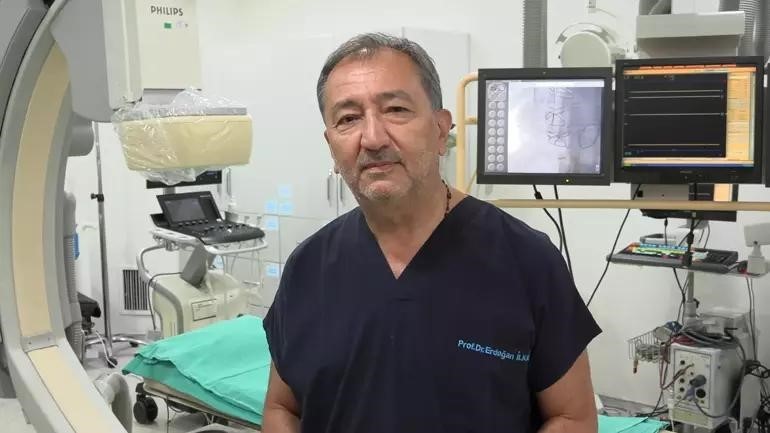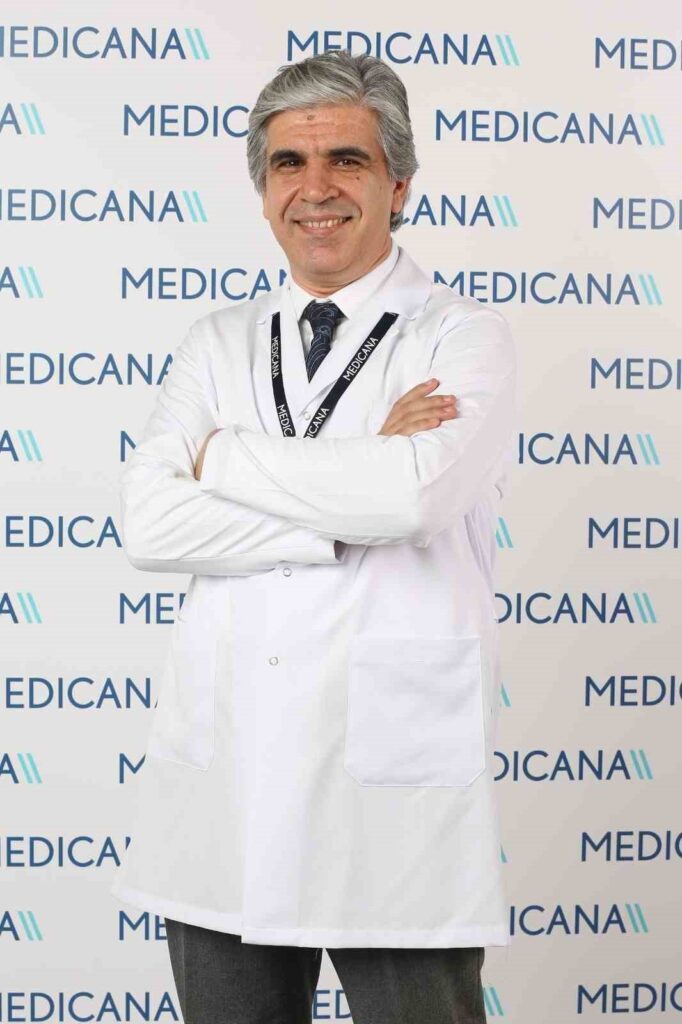Prof. Dr. Murat Baş: “Nutrition that mimics hunger postpones diabetes”
The Future Healthcare Istanbul 2024 International Conference was hosted by Acıbadem University. The two-day conference brought together 80,000 people both physically and online. Hosted by Acıbadem University on October 25-26 …
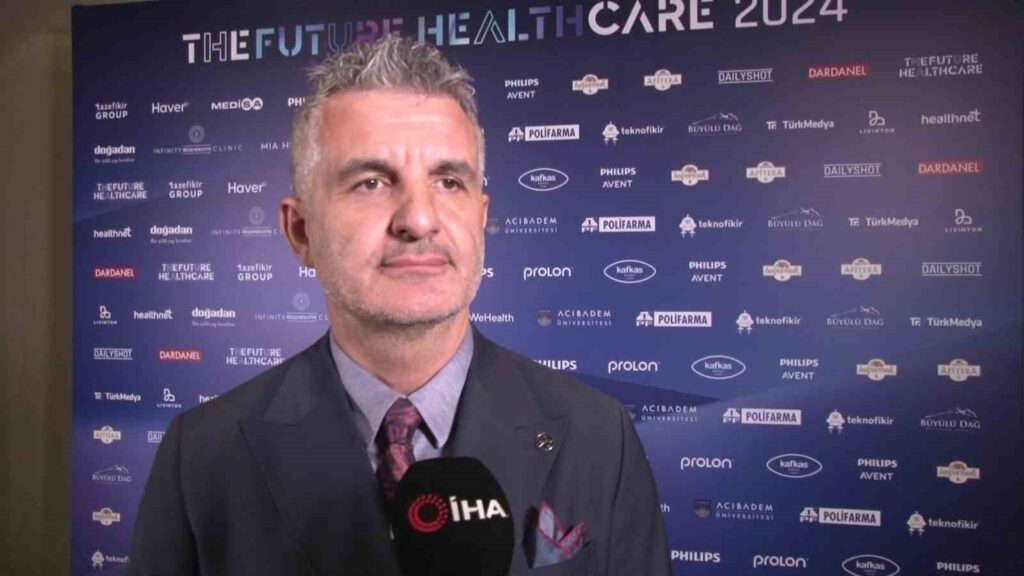
The Future Healthcare Istanbul 2024 International Conference was hosted by Acıbadem University. The two-day conference brought together 80,000 people both physically and online.
The fifth edition of The Future Healthcare Istanbul 2024 International Conference, held on October 25-26 under the auspices of Acıbadem University, evaluated the future of the healthcare world and innovations in medicine. The impact of artificial intelligence applications in healthcare services was discussed at the conference, where Prof. Dr. Murat Baş, Head of the Department of Nutrition and Dietetics at Acıbadem University’s Faculty of Health Sciences, explained the increasingly popular topic of ‘Fasting Mimicking Diet’; emphasizing that it is a system based on ‘healthy hunger’ unlike diets based on ‘starvation’.
“The concept of healthy hunger has started to come to the forefront”
Prof. Dr. Murat Baş stated, “Actually, nutrition based on ‘starvation’ has become a topic of discussion especially due to the increasing obesity and the subsequent rise in diseases like diabetes in recent years. It has started to enter our lives somehow due to the long life expectancy. In fact, hunger is not a healthy approach when you are not consuming any food or drink. In that case, you may lose muscle, which we absolutely do not want. In contrast, we emphasize ‘healthy hunger’.”
“We provide enough energy and vitamins to mimic hunger”
Prof. Dr. Baş explained, “In the fasting mimicking diet program, we actually implement a ‘healthy hunger’ application. In healthy hunger, we provide energy and mineral supplementation sufficient for the physiological activities of the body to continue.” He further detailed this nutritional method: “‘Fasting mimicking diet’ is a dietary regimen applied for 5 days and preferably in 3 periods over 3 consecutive months. On the first day, an energy intake of around 1,100 calories and the intake of vitamins and minerals to meet physiological needs is required. On days 2, 3, 4, and 5, energy intake of around 800 calories along with the necessary vitamins and minerals is provided.”
“Fasting mimicking diet delays diabetes”
Prof. Dr. Murat Baş also explained who this dietary method is suitable for: “The fasting mimicking diet is certainly not suitable for everyone. Having a healthy metabolism is a primary requirement. It can show very beneficial effects in individuals who have not been diagnosed with diabetes but are very close to having it, potentially delaying the onset of the disease.” He also noted that this dietary model can be applied to those with insulin resistance as well as to patients before and after surgical interventions for obesity. He emphasized: “However, this dietary model is not suitable for patients with type 1 diabetes, meaning those who depend on insulin for their lives. It is also not suitable for individuals over 70 years of age, and we do not recommend it for those with a history of eating disorders or for individuals under 18 years of age.”
Prof. Dr. Uğur Sezerman: “Future Medicine: Personalized Health Solutions with Data Analytics”
Prof. Dr. Uğur Sezerman, a faculty member of the Department of Biostatistics and Medical Informatics at the Faculty of Medicine, also described the new system developed in the field of personalized medicine using one of the most common tools of recent times, artificial intelligence. Prof. Dr. Sezerman’s talk titled ‘Future Medicine: Personalized Health Solutions Based on AI-Driven Omics Data Analysis’ was followed with great interest.
Prof. Dr. Uğur Sezerman explained the system they refer to as the future of medicine: “When we talk about personalized health solutions, we refer to all the metrics measurable in a person’s body. This includes your genetic predispositions starting from DNA, which genes are expressed to what extent starting from RNA, how these have changed, or the changes we call epigenetic changes, all of these are examined and analyzed. Metabolites, protein levels, and their functional states. We can find all of these thanks to sequencing technologies. This allows us to determine the patient’s health status in all its details. Subsequently, it identifies the diseases you may encounter and determines the precautions you need to take to avoid these diseases, providing recommendations regarding your lifestyle and dietary habits. In fact, it is a system that guides individuals regarding what needs to be done to avoid getting sick by emphasizing preventive health.


